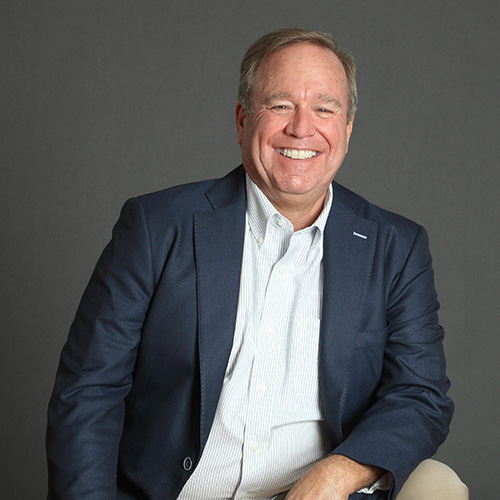

Miami-based investment firm Lloyd Jones is set to launch a new brand, Sage Hill, aimed at middle-income older adults looking for assisted living and memory care.
The brand officially will launch with the completion of transactions this spring of properties currently under contract in Atlanta; Nashville, TN; Hartford, CT; and Chicago. The first Sage Hill property will open to residents March 31 in Nashville.
The new brand stands in contrast to Lloyd Jones’ Aviva brand, launched in January, which is the company’s Class A resort-style community.
“This will be a moderately priced housing solution to satisfy what we believe will be a new generation of older adults in a variety of ranges and needs they’ll have,” Tod Petty, vice chairman of senior housing at Lloyd Jones, told the McKnight’s Business Daily.
Llloyd Jones, he said, was set to launch a middle-market brand in 2019, but the effort was delayed due to the pandemic.
“I moderated a panel in Philadelphia, and we were talking about different development products, and I talked about the middle market,” he said. “Basically, the panel told me, ‘You can’t do it; it’s impossible.’ With their development models, it probably is, because the whole goal that they’re trying to achieve is development fees.”
Business model
For the Sage Hill brand, Lloyd Jones is purchasing older, distressed senior living buildings with older equipment at a relatively low cost and then renovating them for new life as moderately priced communities.
“We’re using ‘middle income’ instead of ‘middle market,’” Petty said, “because some people hear ‘middle market’ and think of ‘affordable housing’ or they think, maybe, just slightly above government-fostered residency.”
Up to 80% of the middle market is underserved, he said, because they can’t afford $4,000 to $5,000 a month in rent at a Class A branded community.
Originally, Petty said, the company’s acquisition team was focused on launching Sage Hill in the Sunbelt. Lloyd Jones changed its strategy, however, and began to target specific distressed assets, regardless of their geographic location. More important, he said, is to find the right type of property that can be repurposed.
“We look at the size of the units, the existing amenities, electrical and plumbing. We look at the senior population growth in the area. We look at the operations at competitive buildings … that all plays a role in our analysis and how we target the acquisitions,” Petty said.
Looking at the second-quarter acquisitions pipeline, he said, Lloyd Jones is examining properties in Texas, Indiana and Florida for the Sage Hill brand.
In certain areas, he added, the company is finding that the Sage Hill concept appeals not only to middle-income older adults, but also to seniors who have the savings to move into a more expensive community but would rather hold onto their assets and perhaps leave them as an inheritance for their children.
“We attract those middle-income folks, but also those that just don’t want to pay market rate,” Petty said.
‘Secret sauce’
Renovating and refurbishing distressed buildings is key to making the Sage Hill model viable, according to Petty.
“The cost has to be certainly under the cost it would be to build it. You have to be significantly under to be able to offer a rate under $1,000 less [than other communities], so that is part of it,” Petty said. “That’s why it takes a lot of looking for these properties.”
He said it is essential to have a vertically integrated platform. Interior design, construction management, asset management, regulatory, investment, finance, risk management, marketing, development and operations all must be done in-house through Lloyd Jones, he added, to reduce the losts at the local community level. A large number of developers bill out those services to premium vendors and pass the costs along to the communities, Petty said.
“It fits their budget, but it drives the cost of rent up to higher levels,” he said.
A final key to success, according to Petty, is properly aligning financial goals between the operator [in this case, Lloyd Jones] and financial partners.
“We own the communities. We do have debt and equity partners, although ours is a long-term staged strategy,” he said.




